Aluminum is a widely used material in the medical industry. It’s biocompatible, has high corrosion resistance and comes in a range of different alloys with different properties. It’s also cheap and easy to produce, which means it’s a popular choice for biomedical implants.
A recent article on Design & Innovation explained that aluminum can be an excellent choice for medical implants. However, there are some drawbacks when using aluminum for implants – some types of aluminum alloy are not as suitable as others because of the risks involved. This article looks at why this is so, and what kind of aluminum alloy might be safe to use in biomedical implants.
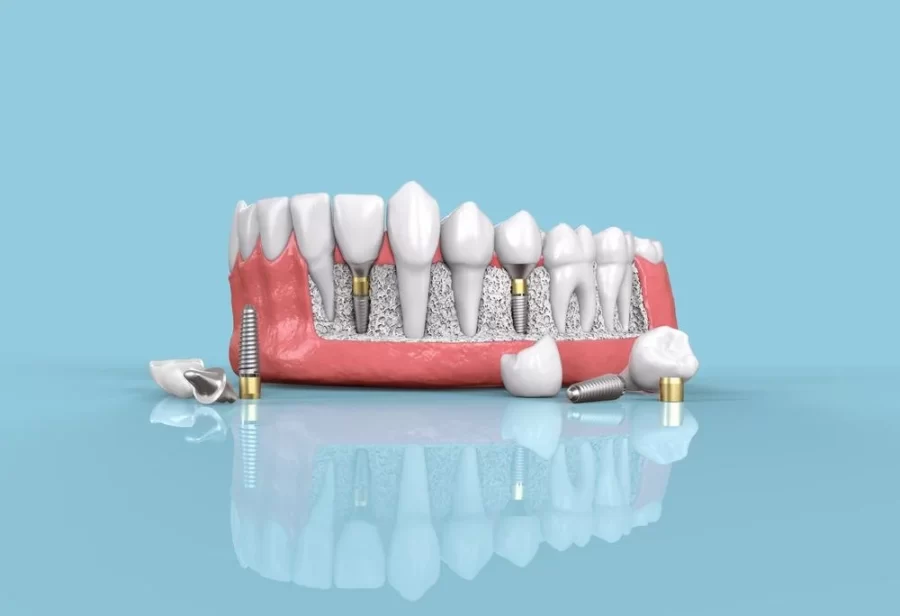
Why aluminium for biomedical implants?
Aluminum a low-cost, light-weight metal that’s in many different industries for a variety of different products. There are a number of reasons why this makes aluminium a great choice for medical implants.
Biocompatibility – Aluminum is biocompatible, which means that it’s safe to use in a biomedical application like an implant. It doesn’t trigger an immune response, so it’s unlikely to cause any unwanted side effects.
Corrosion resistance – Aluminum has excellent corrosion resistance. This means that it’s unlikely to react with the human body fluids, which could cause damage to surrounding tissue. It’s also unlikely to corrode and cause damage to surrounding implants.
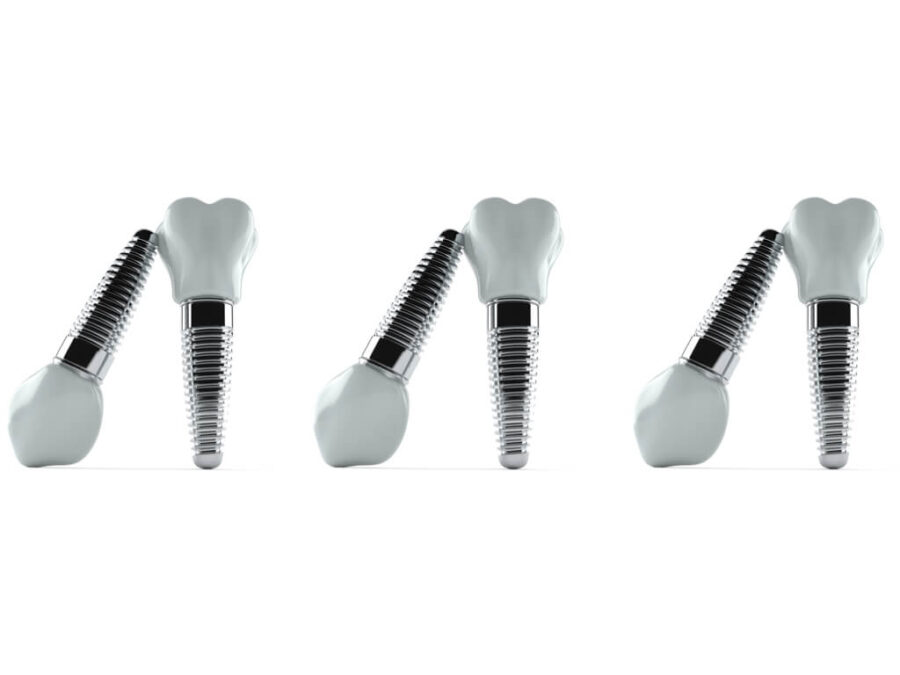
Low strength – Aluminum also has low strength. This means that it’s unlikely to cause injury to surrounding tissue.
Low density – Aluminum has a low density, which means that it’s lightweight. This makes it a safe option for implants in sensitive areas like the brain.
We at Royal Dental prefer using Titanium based or Zirconia based dental implant, as the research on aluminium dental implants is low when compared with Titanium based.
But why isn’t all aluminium safe in implants?
Unfortunately, all aluminum not created equal. Alloys are mixtures of different metals, which together to make a single material for a specific application. Aluminum alloys commonly used for biomedical implants, but not all of them safe for this purpose.
There are a few factors to consider when choosing a suitable alloy for biomedical implants. The most important factor is the solubility of the metal. As we’ve seen above, all aluminum is biocompatible, but not all of it is safe for use in biomedical implants. To be safe for use in biomedical implants, the aluminum alloy needs to be resistant to corrosion. The metal needs present in a form that dissolved by body fluids. Aluminium alloys that are low in silicon are more likely to be safe for use in biomedical implants.
Types of aluminium that aren’t safe for use in biomedical implants?
Let’s take a look at some of the commonly used aluminium alloys that aren’t safe for use in biomedical implants.
1100-O19 – This is one of the most commonly aluminum alloys for biomedical implants. Unfortunately, it’s not suitable for use in biomedical applications because it contains zirconium, which is highly soluble in water. If this alloy used in a biomedical implant, it’s likely to dissolve and cause damage to the surrounding tissues.
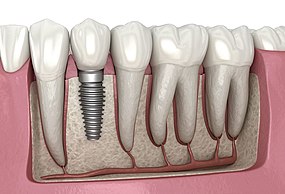
2024-T3 – This alloy used in aircraft engineering for its biocompatibility. However, it’s likely to cause corrosion in a biomedical implant, which can damage the surrounding tissues. 2024-T3 is also likely to cause stress corrosion cracking, which can lead to implant failure.
6061-T6 – This is very common in the biomedical industry due to its low cost. Unfortunately, it’s likely to cause corrosion in a biomedical implant, which can damage the surrounding tissues.
We at Royal Dental prefer using Titanium based or Zirconia based dental implant, as the research on aluminium dental implants is low when compared with Titanium based.
Which types of aluminum are safe for use in biomedical implants?
Now that we’ve covered some of the commonly used aluminium alloys that aren’t safe for use in biomedical implants, let’s take a look at some of the alloys that are.
2024-T4 – Same as the same as 2024-T3, but it has different silicon content. The silicon in this alloy is likely to prevent corrosion in a biomedical implant. This makes it a safe option for biomedical implants.
2024-T6 – This is the same as 2024-T3, but it has a higher silicon content. This makes it more resistant to corrosion in a biomedical implant. The silicon in this alloy is likely to prevent corrosion, but it may also be likely to cause stress corrosion cracking.
6061-T5 – It is the same as 6061-T6, but it has a different silicon content. The silicon in this alloy is likely to prevent corrosion in a biomedical implant. This makes it a safe option for biomedical implants.
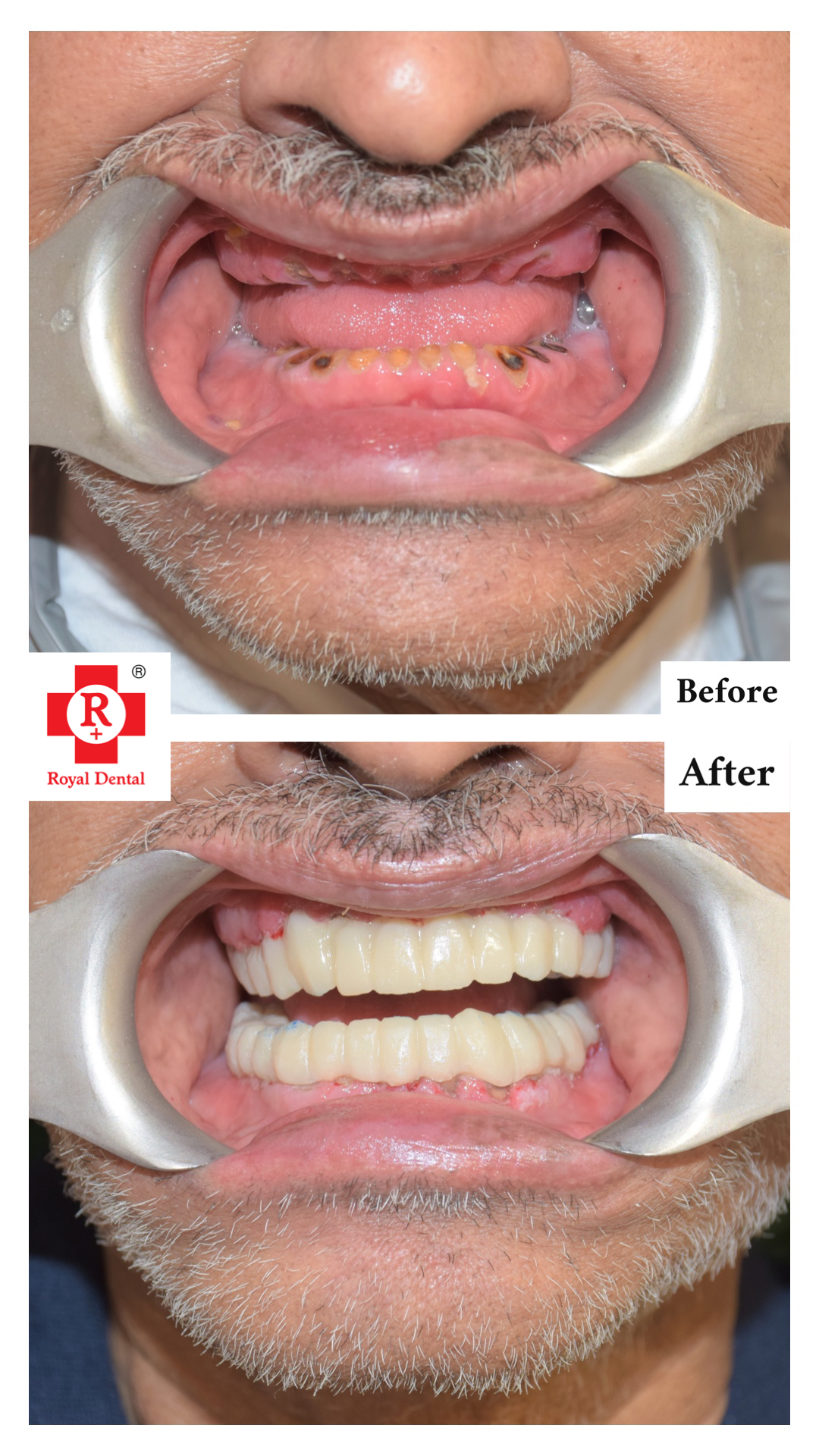
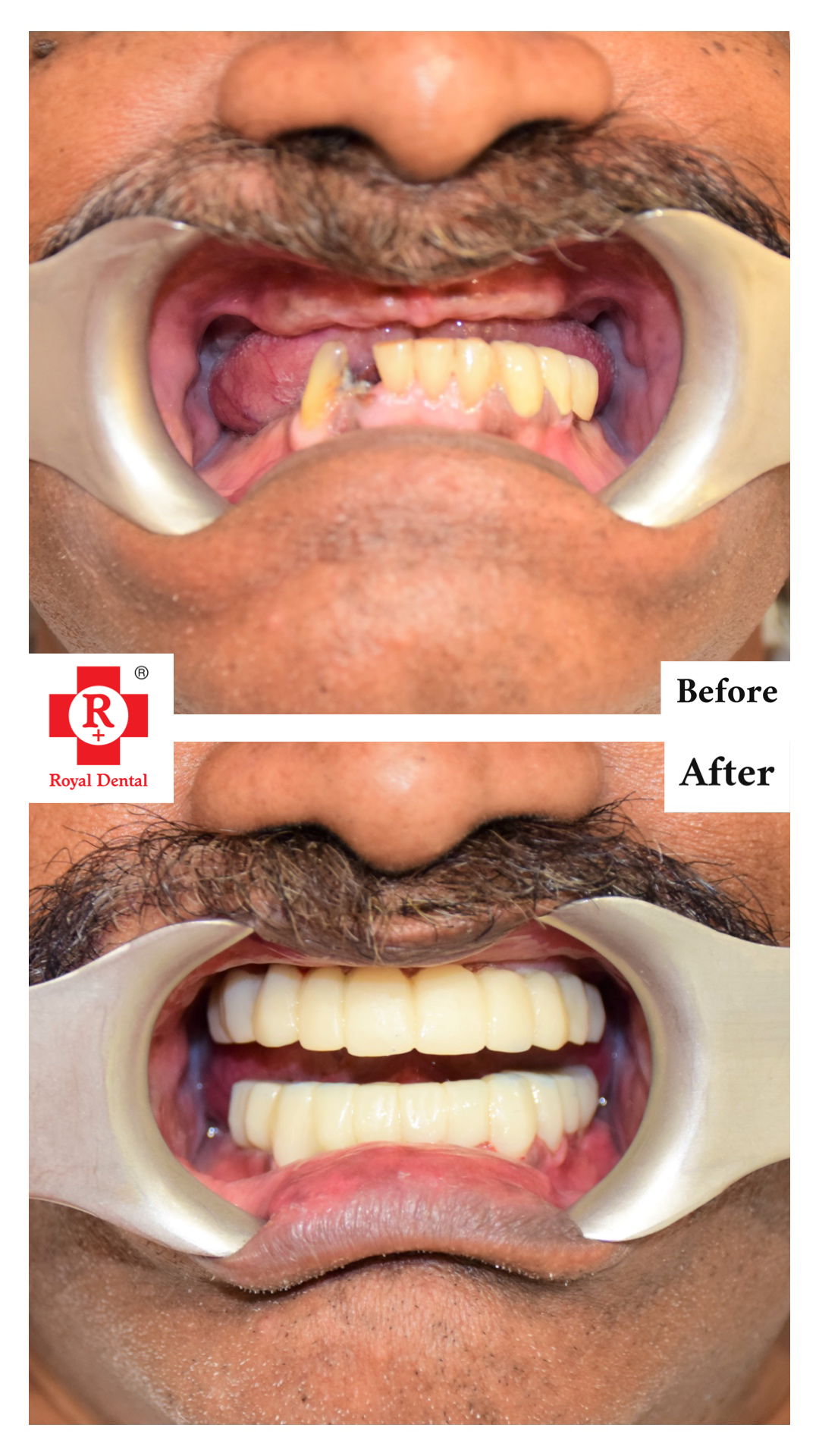
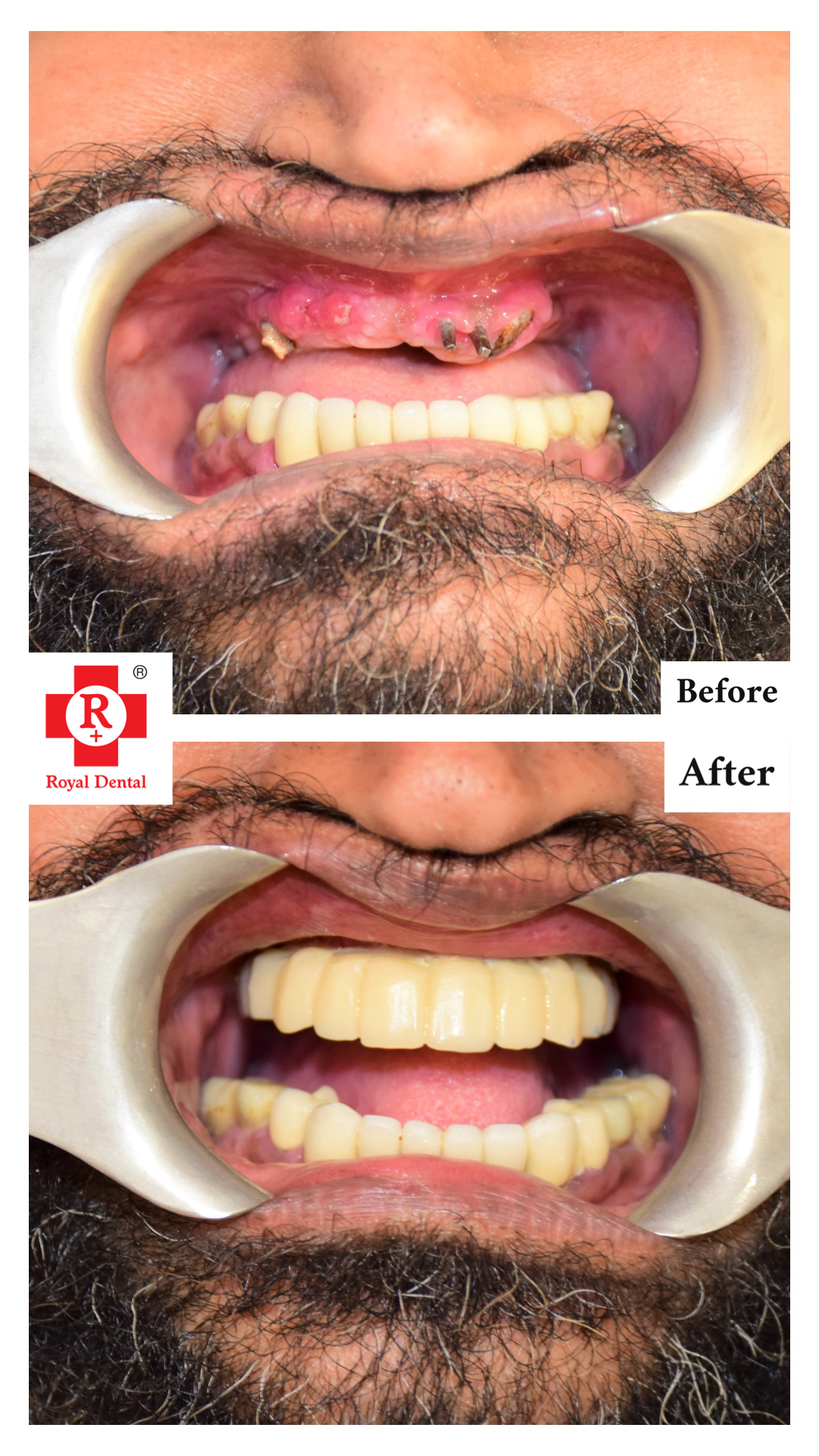
What to know before using aluminium in implantable devices?
Aluminum is a great option for biomedical implants, but it’s important to choose the right kind of alloy for the job. Aluminum alloys with low silicon content are likely to be safe for use in biomedical implants. It’s important to check the silicon content in the alloy, and to also check that it’s corrosion resistant. When choosing an aluminium alloy for a biomedical implant, it’s important to understand how it’s going to be used.
Biocompatible aluminum alloys are likely to cause very little damage to the surrounding tissue. However, if the implant is in an area that’s regularly moved, like the knee joint, it’s important to consider how that might affect the surrounding tissue.
We at Royal Dental prefer using Titanium based or Zirconia based dental implant, as the research on aluminium dental implants is low when compared with Titanium based.
An implant that’s not properly fitted or is severely broken can cause damage to the surrounding tissue. Aluminium is likely to cause minimal damage, but there’s a risk that it could lead to an infection if the implant breaks.
If an implant is in a high-risk area like the brain, it’s likely to be surgically removed as soon as possible. This is likely to cause damage to the surrounding tissues, but it’s important to remove the implant as quickly as possible to prevent serious damage.
Conclusion to biomedical-implants
Aluminum is a good choice for biomedical implants, but the type of aluminum alloy that’s used is important. Aluminum alloys with low silicon content are likely to be safe for use in biomedical implants. It’s important to check the silicon content in the alloy, and to also check that it’s corrosion resistant.
An implant that’s not properly fitted or is severely broken can cause damage to the surrounding tissue. If the implant is in a high-risk area like the brain, it’s likely to be surgically removed as soon as possible.
Suggested Article –
Pros and Cons of Full Mouth Dental Implants
Difference between Crowns and Dental Implants?
Follow Us For More Updates
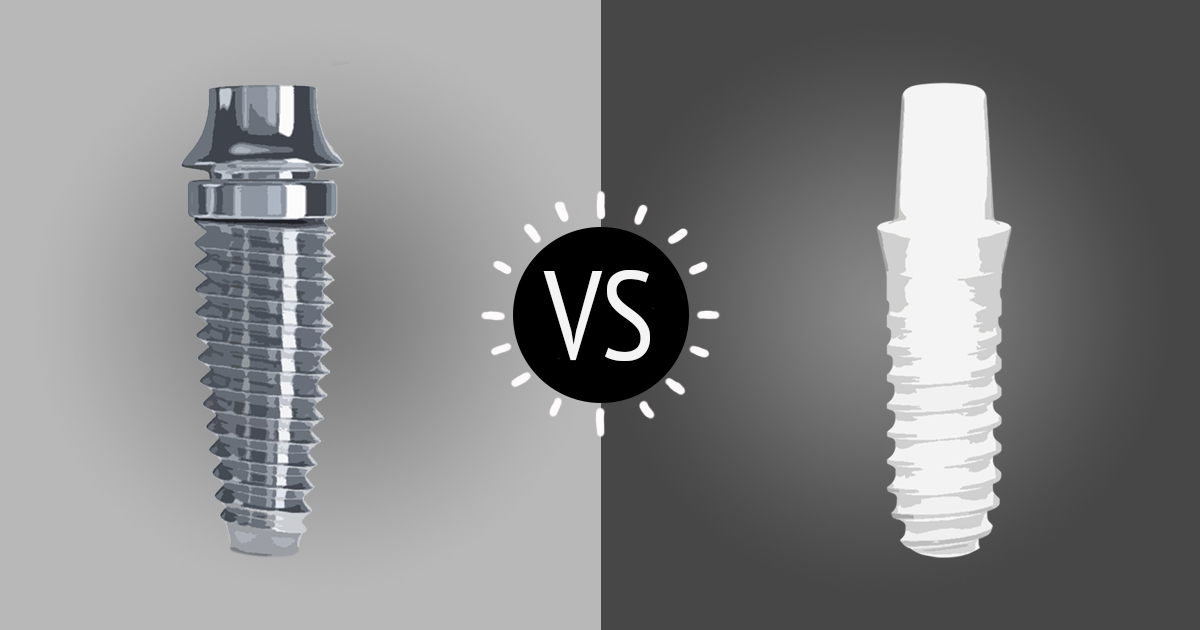
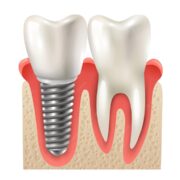



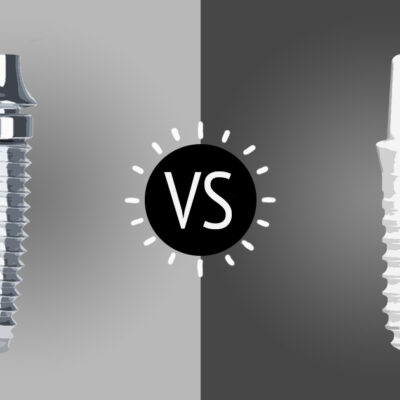
very good royal dental clinic